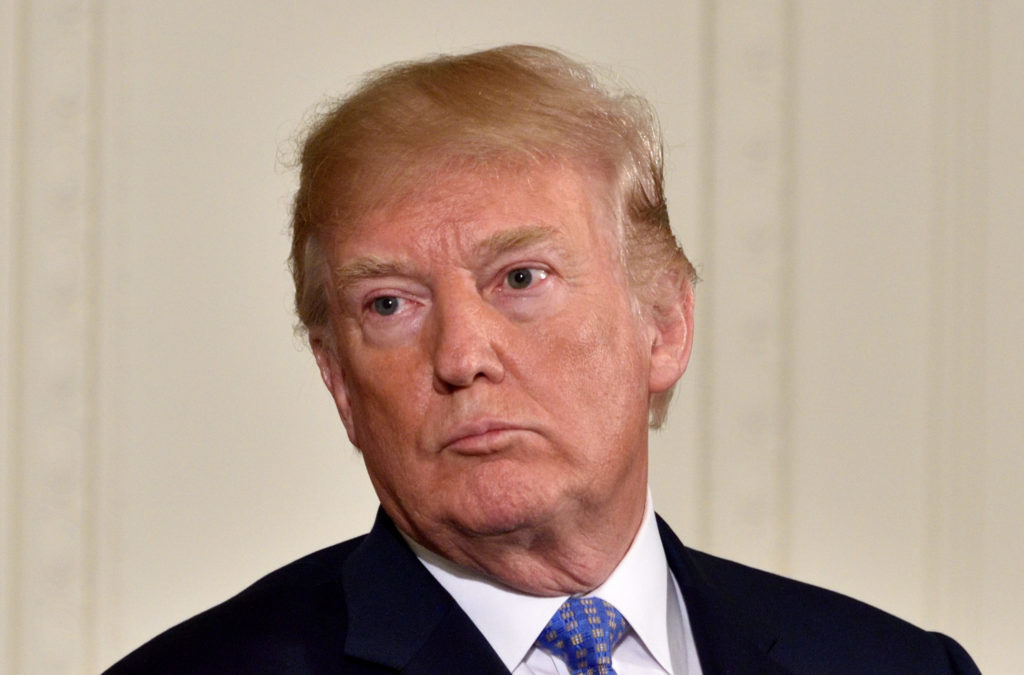The sentencing of two prominent human rights activists to prison terms in Bangladesh has triggered shock and outrage among global rights campaigners who called their court trial “politically motivated” and said that the two activists were paying the price for exposing serious human rights violations by government forces.
A court in Dhaka on Thursday sentenced Adilur Rahman Khan, 63, and Nasiruddin Elan, 57 — secretary and director of Bangladesh’s leading human rights organization Odhikar — to two years each in prison in a criminal case related to a fact-finding report they prepared on the extrajudicial killing of Islamic group protesters in Dhaka in 2013.
Reacting to Thursday’s ruling, Angelita Baeyens, vice president of international advocacy and litigation at Robert F. Kennedy Human Rights, said that it was a “sad day for the people of Bangladesh, whose rights Adil and Elan have fought so hard and so courageously to protect.”
“They are two of the most widely respected human rights advocates worldwide. They are being punished for speaking truth to power,” Baeyens told VOA.
The Odhikar fact-finding report documented that security forces killed at least 61 people, including children, during an action to disperse a protest on May 6, 2013. The government put the death toll at 13.
Charging that Odhikar compiled a “distorted” fact-finding report on the 2013 incident, the prosecution filed a criminal case against Khan and Elan the same year.
After the publication of the report, Khan and Elan were arrested in August 2013, before being released on bail some weeks later. Both were out on bail for 10 years until being sent to prison Thursday, following the verdict in the case.
After the pronouncement of Thursday’s verdict, public prosecutor Nazrul Islam Shamim said that the Odhikar report carried “false information.”
“We are not satisfied with the judgment. We will move the High Court seeking an increase in the jail terms,” Shamim said.
When the two activists were being taken from the court to Dhaka Central Jail, Khan told reporters that they had been denied justice.
“We will appeal the verdict in the higher court,” said Khan, who is himself a Supreme Court lawyer.
‘Prosecution failed to prove the charges’
The lawyer for the two activists, Ruhul Amin Bhuiyan, told VOA that if the trial had been conducted through a fair process, Khan and Elan would have been acquitted.
“The prosecution completely failed to prove the charges against the two accused. The accused did not commit any crime at all,” Bhuiyan said. “I believe that they will be acquitted after we move to the higher court.”
Odhikar, one of Bangladesh’s top human rights organizations, is globally known for its work in Bangladesh and cooperates closely with United Nations bodies and other international rights groups. Its reports are often cited in the U.S. State Department country reports.
Odhikar has reported on thousands of extrajudicial killings, enforced disappearances, cases of torture in custody and other human rights violations committed by the security forces while Prime Minister Sheikh Hasina has been in office.
Last year, the government accused Odhikar of spreading “propaganda against the state by publishing misleading information” on its website and canceled the group’s operating license.
Thursday’s verdict comes at a crucial time, ahead of the country’s general election in January. The opposition political parties and dissidents are reportedly facing a crackdown in Bangladesh now, and several Western nations, including the U.S., have expressed concerns over the political tensions in the country.
Ruling triggers global condemnations
The ruling against Khan and Elan has triggered a wave of condemnation from rights activists around the world.
In a joint statement, 39 international rights organizations, including Human Rights Watch, Robert F. Kennedy Human Rights and Amnesty International, urged the Bangladesh authorities to “quash their convictions, and end all reprisals” and immediately release Khan and Elan.
“We stand with Khan and Elan and urge the authorities to release them immediately and unconditionally, as they have been detained solely for their human rights work. The authorities should reverse their convictions,” the statement said.
In a Thursday statement, the International Federation for Human Rights said that the conviction of Khan and Elan was “based on politically motivated charges” and aimed “to intimidate human rights activists in the country.”
Human rights campaigner Saad Hammadi, a Global Governance Fellow at the Canada-based Balsillie School of International Affairs, said that the imprisonment of Khan and Elan “not only sends a chilling message to others about the harsh consequences they could face for speaking out, but also shows a lack of the government’s appetite to protect the rights of critical voices.”
“Successive governments in Bangladesh have adopted repressive measures to protect themselves and their political interests. The Bangladeshi authorities can and should change this course for the benefit of human rights in the country,” Hammadi told VOA.
Mohammad Ashrafuzzaman, former liaison officer of Hong Kong-based rights group Asian Legal Resource Centre, said that “legally speaking, there are many things extremely wrong with the trumped-up case” against Khan and Elan.
“The Sheikh Hasina regime has been using the criminal justice system as a political tool to imprison dissidents and prominent HRDs [human rights defenders] for giving voice to the voiceless people of the country,” Ashrafuzzaman told VOA.
“The judges and prosecutors who have been engaged in serving the regime’s agenda of imprisoning the HRDs in a politically motivated case must be ashamed of their actions.”
RFK Human Rights’ Baeyens said that the very open targeting of the “brave rights defenders” by the highest levels of the government, is a “big blow for everyone who believes in justice, democracy, and fundamental freedoms.”
“The world cannot keep silent as Hasina’s regime silences critical voices and erodes the little that remains of democracy in Bangladesh,” Baeyens said.


